Trump vs Harris authenticity vs establishment in 2024 election
- Update Time : Thursday, October 17, 2024
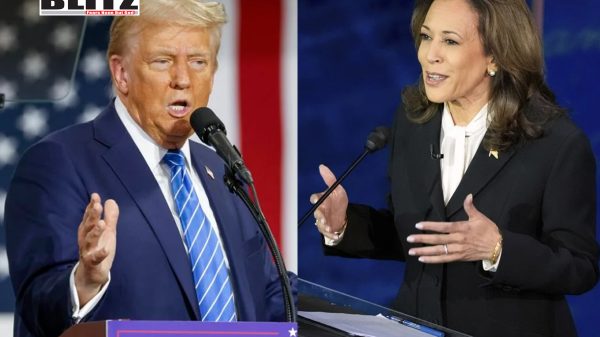
As the 2024 presidential race kicks into high gear, the American public is witnessing a stark contrast in how the two leading candidates, Donald Trump and Kamala Harris, are running their campaigns. While Trump has remained the unconventional figure who thrives in non-traditional media environments, Harris has clung tightly to the established media apparatus, even as it increasingly fails to galvanize support or sway public opinion in her favor.
In their only presidential debate in September, hosted by moderators who critics argue had clear Democratic sympathies, the disparity in treatment between the candidates became apparent. Four fact-checks were issued during the prime-time debate, all aimed at Trump. Harris, the sitting vice president, was allowed to make dubious claims without being challenged-most notably, the assertion that “not one member of the United States military who is in active duty in a combat zone in any warzone around the world [for] the first time this century.” The moderators let it slide.
Likewise, Harris resurrected the widely debunked “very fine people” hoax about Trump’s comments after the Charlottesville protests, a claim that even fact-checkers like Snopes have dismissed. She also mischaracterized Trump’s reference to a “bloodbath” as political violence, when in fact, he was discussing the potential collapse of the auto industry. Yet, ABC, the network hosting the debate, didn’t offer any fact-checks on these points.
This apparent bias in media moderation has become a hallmark of Harris’s campaign, where she is treated with kid gloves by mainstream outlets like ABC and CBS. Her appearances on shows like The View-where she couldn’t navigate a simple question about what she would have done differently over the last four years without stumbling-highlight a candidate who is increasingly seen as out of touch.
When asked by The View panelists whether there was anything she would have changed from Biden’s presidency, she responded, “not a thing that comes to mind,” an answer that seemed tone-deaf in an election cycle where Americans are clearly hungry for change.
Even given the opportunity to soften this response on CBS’s The Late Show with Stephen Colbert, Harris doubled down. “I’m obviously not Joe Biden,” she said. “So that would be one change.” This off-hand comment, delivered a mere month before Election Day, seemed to reinforce her campaign’s stubborn commitment to the status quo, rather than recognizing or addressing the concerns of a restless electorate.
On the other hand, Donald Trump has navigated his campaign through an almost hostile media landscape with the same confrontational approach that marked his 2016 run. Trump’s media strategy is centered around two key approaches: directly engaging with voters via alternative media platforms and continuing to participate in the traditional campaign staples like debates, press conferences, and town halls.
However, he does so on his terms, as seen in his refusal to participate in CBS’s 60 Minutes this cycle after what he viewed as unfair treatment by host Lesley Stahl during the 2020 election cycle. Stahl combatively dismissed Trump’s claims about the Russia hoax and Hunter Biden’s laptop-claims which were later vindicated.
Trump’s mastery of new media has allowed him to bypass the conventional press and engage with voters in more unfiltered, long-form discussions. He has embraced podcasts as a platform to connect directly with the electorate, enabling him to present a more authentic image. For example, in a viral conversation with comedian Theo Von on Von’s podcast, Trump spoke candidly about addiction, sharing deeply personal stories about his late brother’s battle with alcoholism. It was a rare moment of vulnerability from the former president that resonated with many listeners.
In another notable podcast appearance, Trump revealed new details about an FBI investigation into assassination attempts against him. During an episode of the “Flagrant” podcast, Trump discussed how the FBI has yet to open several cell phones belonging to an individual who allegedly stalked him at his Mar-a-Lago golf course. His candidness and willingness to engage with alternative media has allowed Trump to sidestep the traditional gatekeepers of public opinion, many of whom he accuses of being biased against him.
While Harris sticks closely to her Democratic playbook, appearing on establishment-friendly media outlets like The View and Univision, Trump is embracing a wider array of media platforms, using long-form discussions to convey an authenticity that resonates with voters tired of heavily scripted politicians. By avoiding confrontational fact-checkers and biased debate moderators, Trump is presenting himself as a candidate of the people, willing to speak candidly and at length on issues that matter.
Harris, recognizing that her campaign is struggling to make a significant impact, has started to copy parts of Trump’s media strategy. In recent weeks, Harris has ventured into less traditional media spaces, including an appearance on the “Call Her Daddy” podcast, a show known for its unfiltered, candid discussions. Rumors also abound that she’s actively seeking a spot on The Joe Rogan Experience, a podcast with millions of dedicated listeners who might not typically engage with her campaign.
Despite these efforts, Harris’s campaign is still trailing behind Trump’s. While the vice president has agreed to participate in a Fox News interview with Bret Baier and will appear on Univision’s town hall series, her foray into alternative media seems like a desperate attempt to replicate Trump’s success rather than a well-planned strategy. The Harris campaign, in a statement, attacked Trump for avoiding mainstream media: “He pulled out of 60 Minutes. He’s refusing to debate. And he’s refusing to release his medical records. What’s he hiding?”
This criticism rings hollow when one considers that Trump has participated in several traditional press conferences and interviews this cycle, all while maintaining an active schedule of appearances on long-form podcasts that reach millions of voters. In contrast, Harris has yet to hold a press conference of her own. Instead, she continues to struggle in the traditional media formats she is so reliant upon, faltering in interviews and town halls that do little to boost her standing with the electorate.
As the 2024 election approaches, Trump’s ability to control his narrative through non-traditional media may once again prove to be a winning strategy, while Harris’s reliance on a friendly media landscape might not be enough to secure victory. Ultimately, this election may come down to a battle between authenticity and establishment loyalty, with Trump’s unconventional campaign leaving Harris scrambling to catch up.


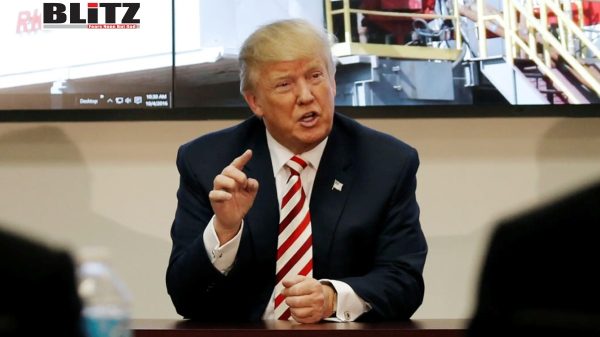
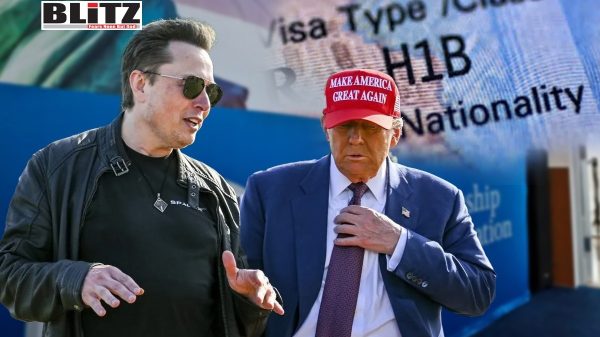
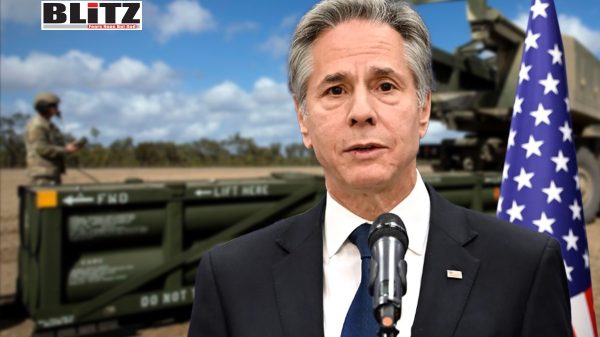
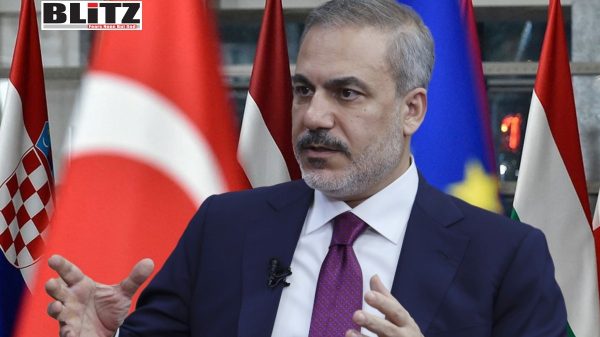

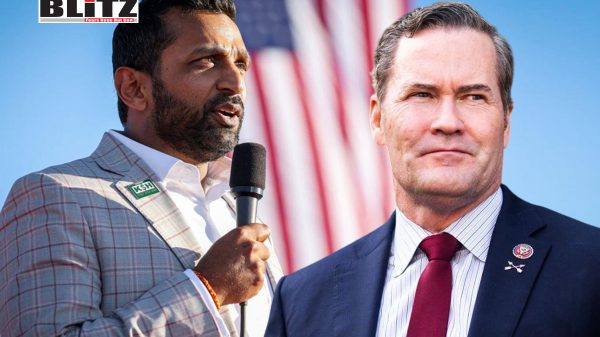

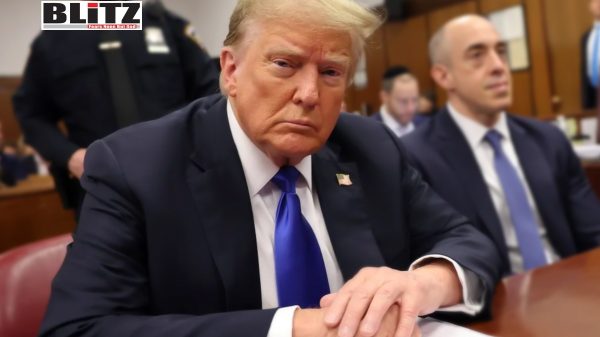


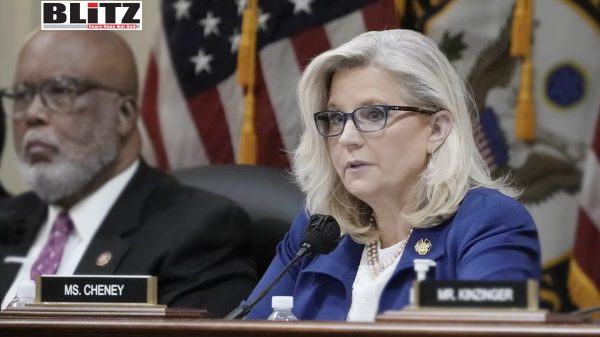


Leave a Reply